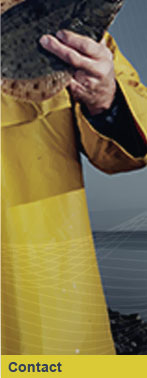Quota policy and local fishing: Gendered Practices and Perplexities
Siri Gerrard
Department of Planning and Community Studies / Centre for Women’s and Gender Research, University of Tromsø, Tromsø, Norway
sirig@sv.uit.no
Abstract In April 1989, the Norwegian fisheries authorities declared a moratorium on fishing by the Norwegian fleet for Barents Sea Cod (Gadus morhua). It subsequently introduced a multi-level boat quota system within the coastal cod fishery north of the 62nd latitude in 1990. This paper treats the quota regime as a national manifestation of neo-liberal globalising processes. It provides a macro-level, gendered analysis of trends in fishing registrants since the regime was introduced. At the micro-level it explores examples of gendered responses to the regime including the ways some women and men re-arranged their lives. The micro-level discussion draws on findings from gender-informed ethnographic research in Northern Norway’s fishery communities carried out since the beginning of the 1970s including, in particular, fieldwork undertaken in 2003 and 2004 in Skarsvåg, a fishing village in the municipality of Nordkapp in the county of Finnmark. Following Ramamurthy, it focuses on some of the gendered perplexities, or joys and aches of globalised life that followed the introduction of the quota regime. The analysis shows that, for fisheries, as in other industrial sectors, the notion of perplexity can help us understand the uneven and conflicting consequences of globalisation for women and men.

Centre for Maritime Research
Plantage Muidergracht 14-16
NL-1018 TV Amsterdam
Phone: +31 20 5254185
Fax: +31 20 5254051
Contact Form
